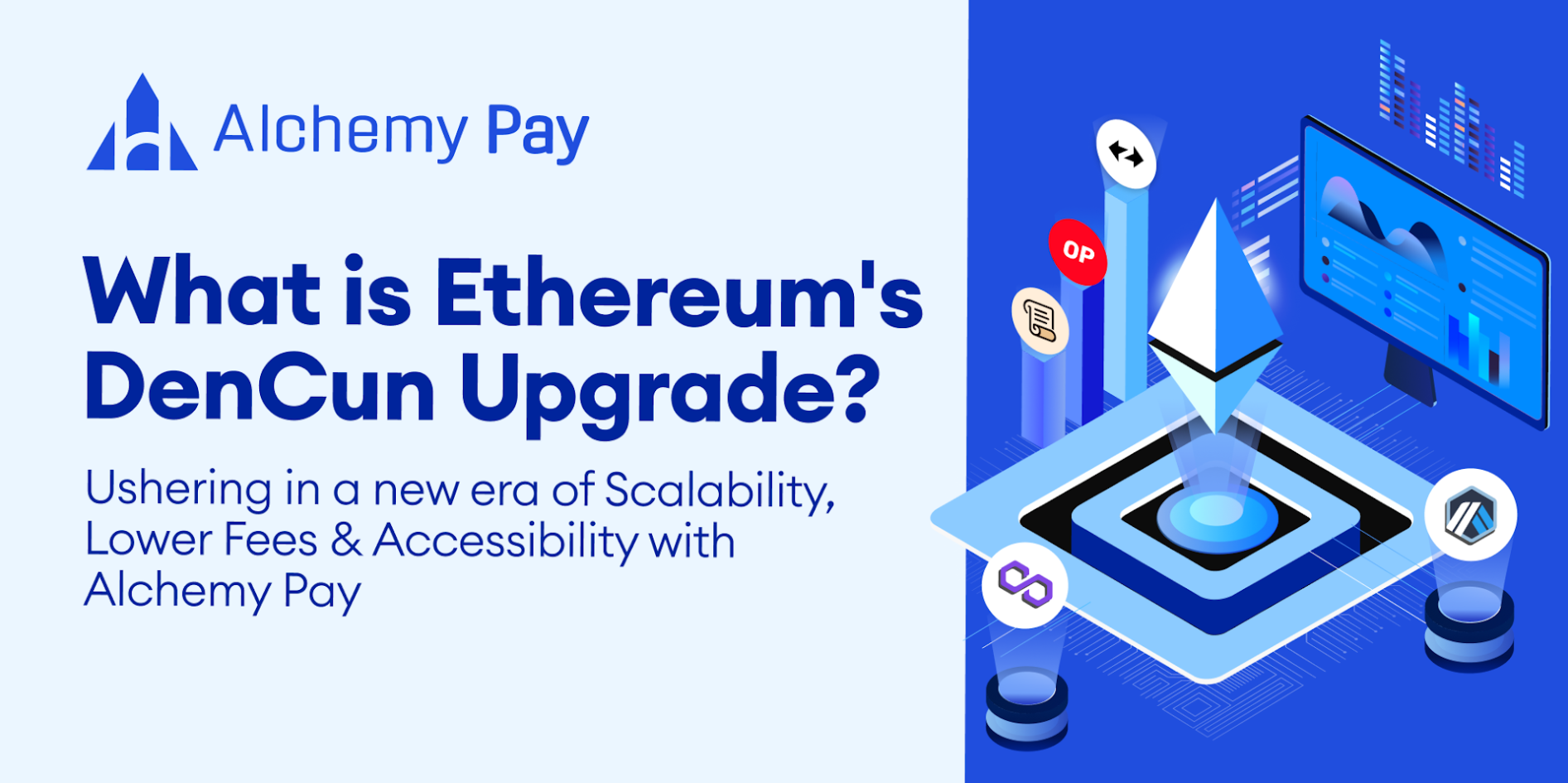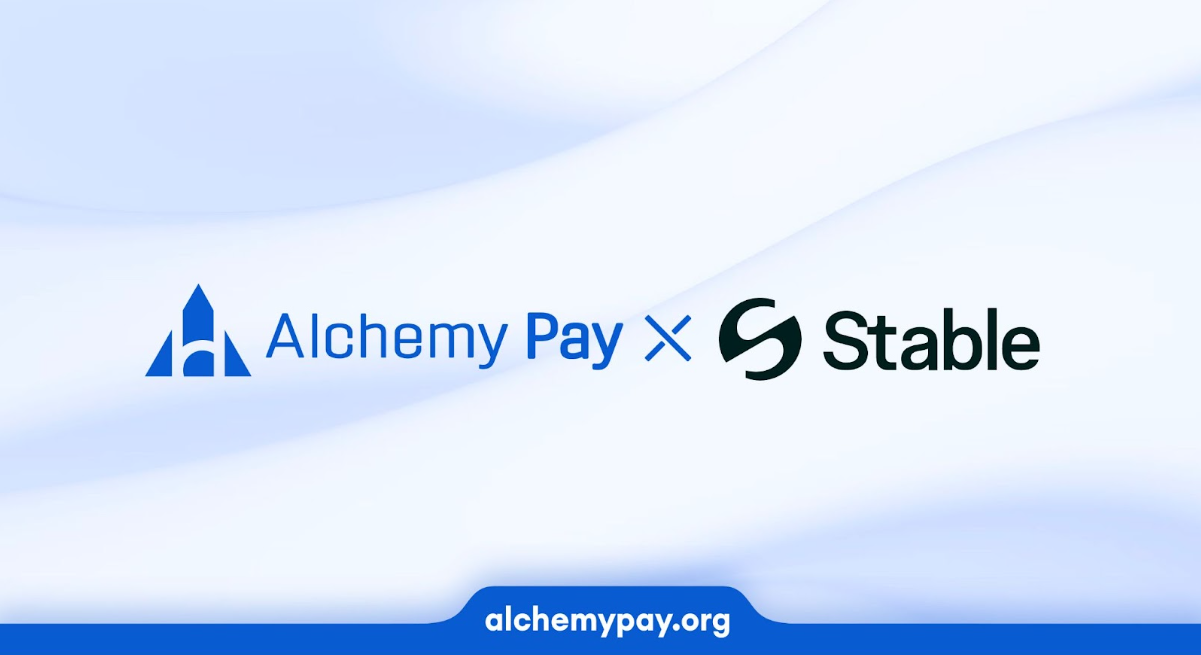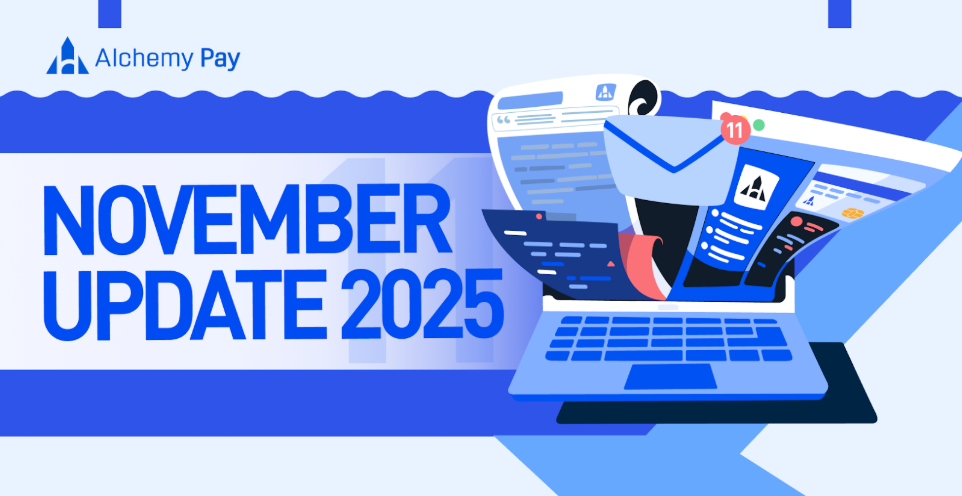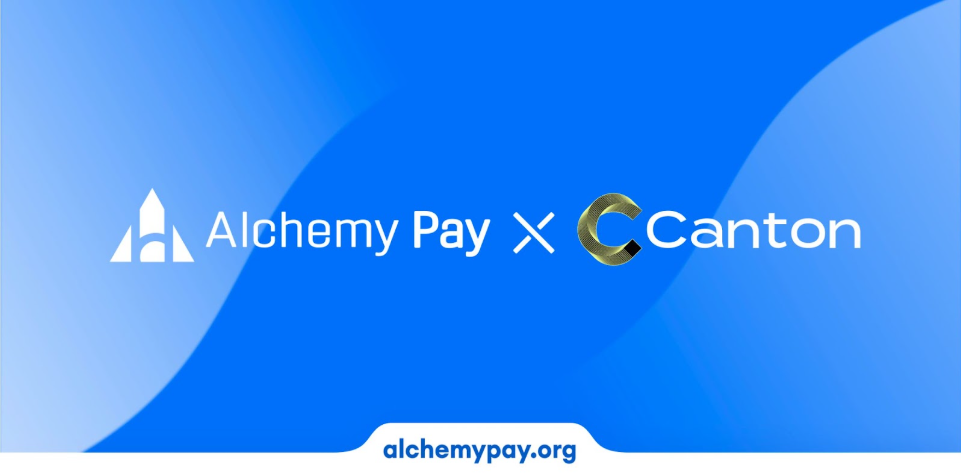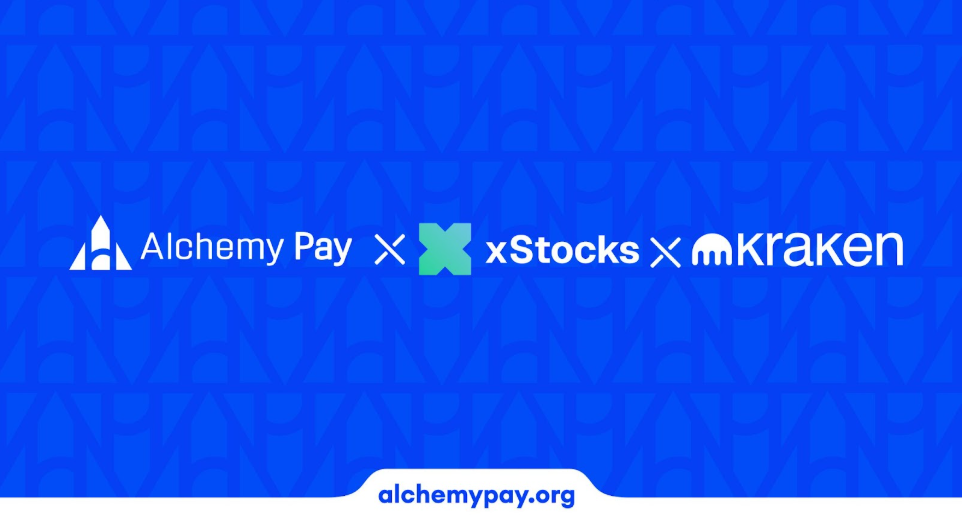Ethereum, the world’s leading smart contract platform, is on the cusp of a major upgrade that promises to revolutionize its scalability and dramatically reduce transaction fees. The Dencun upgrade, set to go live on March 13, 2024, introduces proto-danksharding (EIP-4844), paving the way for a more efficient and cost-effective Ethereum ecosystem especially on L2s.
What is Proto-Danksharding?
At the heart of the Dencun upgrade is EIP-4844, also known as proto-danksharding. This proposal introduces a new transaction type called “blob-carrying transactions” which allow for the temporary storage of large amounts of data off-chain in “blobs”. These blobs are referenced on-chain via commitments, enabling efficient data verification without burdening the main Ethereum blockchain. Proto-danksharding is an intermediate step towards full danksharding, Ethereum’s sharding solution aimed at drastically increasing transaction throughput. By implementing the majority of the danksharding framework, including transaction formats and verification procedures, proto-danksharding lays the groundwork for future scalability upgrades.
Impact on Layer 2 Solutions and Fees
The Dencun upgrade is set to have a profound impact on Ethereum’s Layer 2 (L2) ecosystem. L2 solutions, such as optimistic rollups and ZK-rollups, rely on posting transaction data to the Ethereum mainnet. Currently, this data is stored indefinitely using expensive calldata, which accounts for over 90% of rollup costs. With proto-danksharding, L2s can leverage blob-carrying transactions to store data temporarily and more cost-effectively. Estimates suggest that the Dencun upgrade could reduce transaction fees for L2s by 10 to 100 times. This significant reduction in costs is expected to make L2 solutions more attractive and competitive, driving increased adoption and use cases such as gaming, affordable DeFi and on-chain trading.
Benefits for Ethereum Users
While the Dencun upgrade primarily targets L2 scalability, it also brings notable benefits to Ethereum mainnet users. Lower transaction fees on L2s translate to a more accessible and user-friendly Ethereum ecosystem. As L2 solutions become more cost-effective, users can enjoy faster and cheaper transactions without sacrificing the security and decentralization of the Ethereum mainnet. Moreover, the Dencun upgrade includes several other improvements, such as enhanced staking efficiency (EIP-7044 and EIP-7045) and the deprecation of the problematic SELFDESTRUCT opcode (EIP-6780). These changes contribute to a more robust and secure Ethereum network, benefiting all users.
Alchemy Pay’s Role in the Evolving Ecosystem
As the Ethereum ecosystem advances with the Dencun upgrade, Alchemy Pay is at the forefront, enabling easier access and lower entry barriers for users. Positioned as a leading fiat-crypto payment gateway, Alchemy Pay enables seamless transactions and integration across various platforms, adding support to the flourishing Ethereum L2s and rollup ecosystems.
With its crypto-fiat ramp solution, Alchemy Pay empowers developers and users to exchange crypto and fiat seamlessly, establishing itself as a pivotal bridge for those aiming to venture into the on-chain activities such as gaming and DeFi. Furthermore, With the Dencun upgrade leading to reduced gas fees, Alchemy Pay’s services become even more appealing, offering a cost-effective and efficient gateway for users to participate in a global unstoppable on-chain ecosystem.
Moreover, Alchemy Pay is set to introduce its forthcoming Web3 digital bank services, which will further empower businesses by introducing a multi-currency and multi-coin accounts. These accounts support real-time transitions between fiat and crypto, enabling enterprises to engage within and beyond the Ethereum ecosystem. Leveraging the benefits of reduced gas fees from the Dencun Upgrade and best-in industry currency exchange rates provided by Alchemy Pay, businesses can enhance their online and on-chain financial activities in a more scalable and accessible way.
Looking Ahead: The Road to Full Danksharding
The Dencun upgrade, which introduces proto-danksharding, marks a pivotal moment in Ethereum’s evolution towards full danksharding and massive scalability. Proto-danksharding is a significant milestone that reduces L2 transaction fees and makes Ethereum more accessible. The ultimate goal is to split Ethereum into multiple shards capable of parallel transaction processing, potentially supporting hundreds of thousands of transactions per second.
The transition to full danksharding will require further upgrades to enhance data availability sampling, proposer-builder separation, and other key components. As Ethereum becomes more scalable, accessible, and user-friendly, solutions like Alchemy Pay will facilitate seamless transactions and drive mainstream adoption. With the Dencun upgrade as a catalyst, Ethereum is well on its way to realizing its vision of a decentralised, efficient, and inclusive global blockchain platform.
About Alchemy Pay
Founded in Singapore in 2017, Alchemy Pay is a payment gateway that seamlessly connects crypto with traditional fiat currencies for businesses, developers, and end users. With its On & Off-Ramp solution, NFT Checkout, Crypto Card and Crypto Payments, Alchemy Pay supports payments in 173 countries.
The Ramp is a one-stop solution to buy and sell crypto and fiat, easily integrated by platforms and dApps according to requirements. The NFT Checkout enables direct purchases of NFTs using fiat payment methods. The Crypto Card solution empowers businesses and token issuers to provide users with branded virtual and physical cards for instant global spending. ACH is the Alchemy Pay network token on the Ethereum blockchain.
Website | Twitter | LinkedIn | Medium | YouTube | Telegram | Discord






